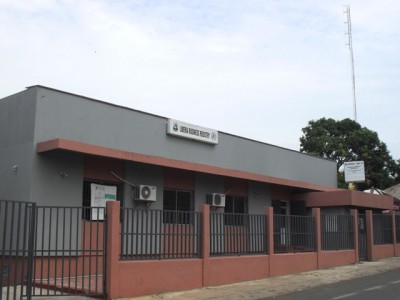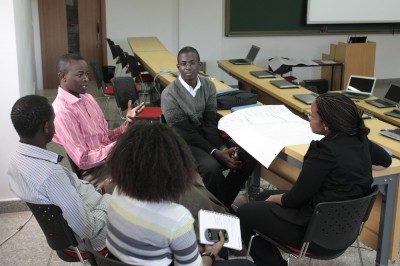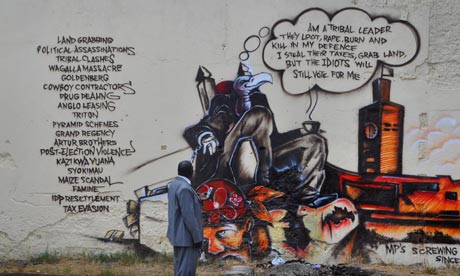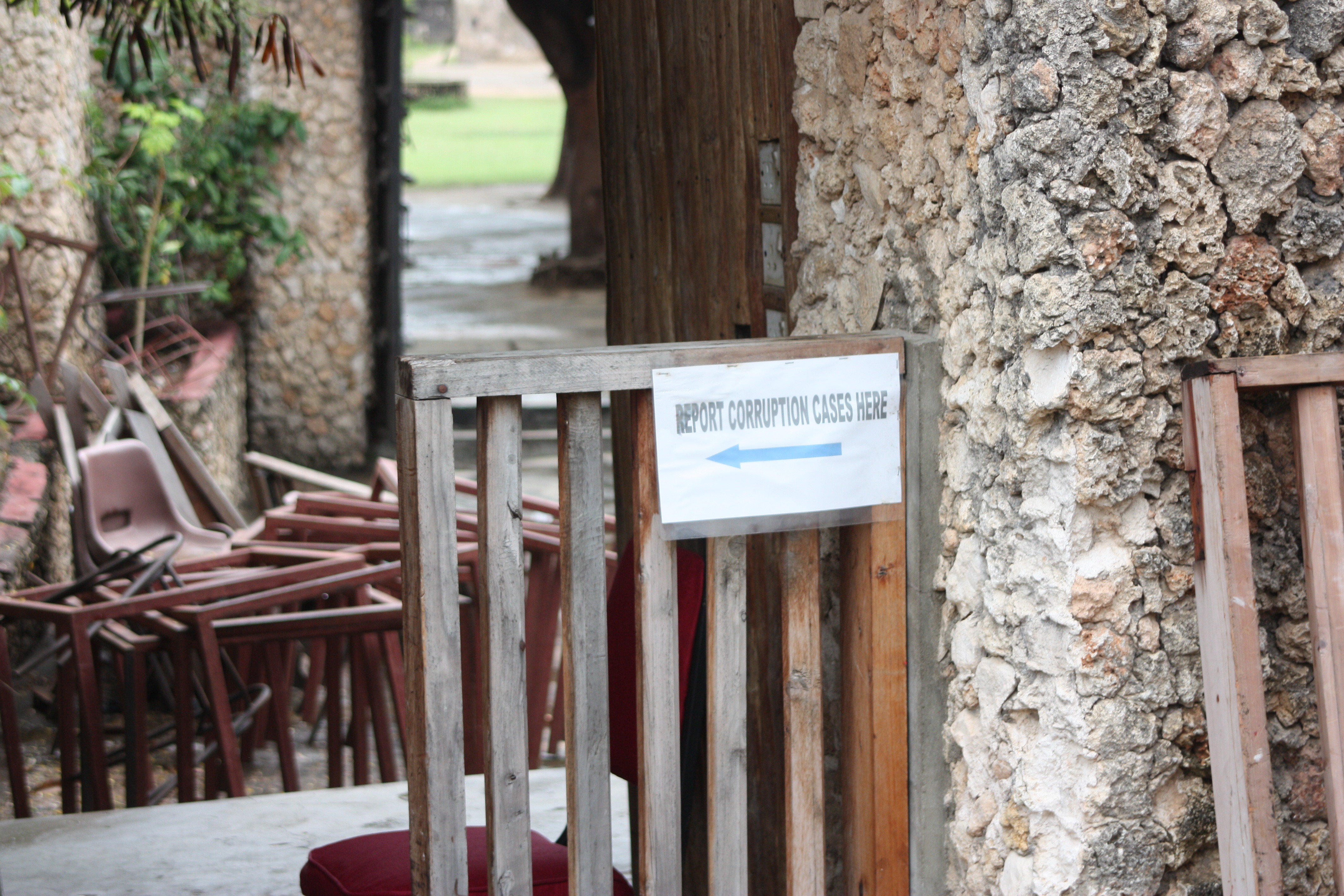Archive for the ‘Technology’ Category
Delivering Value Made Simple
“The rationale behind how a business creates, delivers and captures value.”
That’s the short version definition for the term ‘business model‘. For those with no background in economics or commerce (read techies) all this talk about ‘value’ can be too vague to be much good. It leaves too much to subjective interpretation. It needs to be less so. Less subjective interpretation on the innovators end and about the same as before on the consumer end. For purposes of this post, techies include those who make things like handbags, solar panels, furniture…as well as computer programmers.
Tech innovators typically need to ideate less from the comfort of their space (workshop/keyboard) and more from the environment their clients will be using their product or service. This means clients continue to judge the performance of the product using their existing schema and the innovator adopts their own interpretation of value to the users subjective interpretation.
So what does delivering value mean for a techpreneur in Africa? It boils down to job descriptions. What job is the client trying to get done and how does your new app/service/magic help them do it better, faster, cheaper and/or cooler? When clients choose to take the risk of investing money or time (or both) in trying your technology, they expect something to happen. Delivering on that expectation is your easiest definition of delivering value. It means innovators need to spend lots of time with the people they expect to serve with their technology in order to understand what this expectation would be.
But when is value actually delivered? Is it at point of sale? Is it at point of use? Is it at point of disposal? Is it at multiple areas? Social enterprises and civil society led projects generally tend to lose sight of this resulting in huge amounts of wasted resources and a muddied view of their sector in the public domain. For-profit organizations can be just as guilty of failing to understand their clients. Financial services businesses can be notorious for creating products that are poorly distributed or whose value is eroded at the point-of-use such as low density of ATMs resulting in long queues and high charges for clients wishing to close their accounts (point-of-disposal). Some products are essential enough and common enough to be almost impossible to differentiate at the product level. However, new value can be delivered through better distribution, better packaging, easier disposal or better branding that taps into the client’s aspirations.
So before you spend too much time building out some amazing new app, chair, bag or drone make the time to listen and watch your clients to understand what their lives are like and how your product can make a part of it better by helping them get a job done; or to put it in buzz words we all understand…
“Understand how your product or service empowers users across the value chain by synergistically delivering new value through innovative business models.”
or get more buzz words here 🙂
TweetInnovating for the People: How Africa is using Technology for Better Governance.
This post is the forth and last article in a four-part series on Africa: The Present Frontier.
On his first day in office, US President Barrack Obama signed the Memorandum on Transparency and Open Government start the process that led to the Data.gov we know today. Within 3 years, other governments had followed suit around the world with many attempting to do it and others getting past the hurdles to finally launch. The first one in Africa to start the process and deploy an open data portal was Kenya. Other countries are expected to follow suit in the coming months and years.

The Liberia Business Registry which provides an online platform for business registration. Image source: http://www.lbr.gov.lr/
The story of governance in Africa though punctuated by war, coups de etat and not-so-democratic elections is also full of stories of democratic progress and innovation. Technology is playing a role on the demand side of governance with citizens taking to technology platforms to amplify their opinions and demand better services from governments. It’s playing a big role on the supply side as well with governments adopting e-government and making progress along the path to open government and turning Africa into an attractive place to live in and do business.
The IFC in its Doing Business report for 2012 found that every single East African country had made at least one reform aimed at making them an attractive investment destination. Areas such as electronic submission of documents for businesses establishing a presence are important for governments in the East African Community. Sadly, despite the reforms, the 2012 Doing Business ranking show only 2 out of 5 of the EAC states improved their rankings with all the others dropping between 2 and 4 places from 2011. Rwanda remains the 3rd best country to do business on the continent after Mauritius and South Africa at its current 45th position in the rankings. Kenya, at 109, is ranked better than Nigeria, Brazil and India.
The improvements in the EAC have resulted in stronger legal institutions but maintained expensive regulatory processes. However, as these governments implement e-government initiatives and make progress along their respective roadmaps, the costs for businesses and individuals where interactions with government are concerned will reduce and play a role in improving the business environment in the region. This is key to creating employment, reducing poverty, improving the quality of life and growing a country’s GDP. Here are some examples of how countries in the region are using technology to serve citizens and protect the gains made in opening up the democratic space and improving the business environment.
- Kenya Revenue Authority’s (KRA) Portal. Interacting the revenue authority almost always meant a great deal of standing in line and loss of valuable man-hours lost. This created an environment for intermediaries and corruption to thrive resulting in the loss of millions of dollars in revenue every year. The authority implemented a series of measures to make customs, excise and value-added-tax processes convenient, less costly and more water tight through an online platform resulting in a level playing field for business and less citizens standing in line for days to get things done. It also put those pesky ‘brokers’ hanging around government offices offering to ‘help’ out of business.
- Tanzania Revenue Authority e-Filing and mPayments. In a move that created a new precedent in Government to Citizen (G2C) services in sub-Sahara Africa, the Tanzania tax authority implemented a mobile payments tax system which makes it unnecessary for citizens to visit their offices to pay taxes.
- Rwanda Mobile-enabled Driving license applications. In an effort to reduce the amount of time it takes to apply for a driving license in Rwanda, the government introduced a mobile-enabled service that allows citizens to send a text message to the platform and receive a registration number, the first step in the process, cutting the process from 4 months to 45 days.
- Liberia’s Online Company Registry. Liberia’s company registry allows citizens to register a business without having to make trips to government offices usually a standard practice with this bureacractic process.
While some have already done so, a number of countries in sub-Sahara Africa are on the path to introducing electronic lands registries, integrated financial management systems and electronic business registration in an effort to improve service delivery in their government to government (G2G) interactions and G2C / G2B services.
The old Africa is almost no more. There’s a new Africa emerging. One where stronger institutions exist, better legislation, transparency and citizen participation in governance is the norm. The new Africa is here.
Bringing Social Objects to Citizen Empowerment
Sparking conversations among citizens is the first step to creating change.
Kenyans woke up to a pleasant surprise one March morning. Graffiti with a political message sprayed on walls in Nairobi’s central business district. And not the terrible kind that is an eye-sore with good intentions. This was “stop-and-stare” graffiti that not only made news in Kenya but overseas as well.
Tweet
From Open Data to Open Action
“The thing to remember is, Human beings do not socialize in a completely random way. There’s a tangible reason for us being together, that ties us together. Again, that reason is called the Social Object.” Hugh MacLeod
The Open Government Partnership declaration commits members to support civic participation in addition to making data on government activities open to the public. In Africa, Kenya made history as the first country in sub-Sahara Africa to implement an open data initiative giving citizens unprecedented access to valuable datasets. 40 countries, 5 of them African countries, have since signed up to the OGP and I believe they are at different levels of following through on the spirit of the declaration.
The value of open data to citizens is unquestionable. This year, Kenyan software developers have launched mobile apps that leverage open data to provide services to citizens. They have mostly been in the healthcare and agriculture verticals but services in education and entertainment have begun to emerge. These are very encouraging signals coming out of a country that only a decade or two ago made it almost impossible for citizens to know what the government was doing. These apps may not have been possible without access to the huge amount of data the government holds and is now making available to software developers.
However, we shouldn’t think of only mobile and the web when we talk about leveraging open data. “To turn raw data into ‘edible’ content that citizens can consume and make decisions with” should be the overarching objective for anyone looking to improve citizen participation in governance through open data. This edible bits of content should be easily consumed on the now ubiquitous mobile devices in Africa as well as on old fashioned news print and billboards. Jyri Engestrom refers to social networks as “object-centered sociality” meaning people connect because they have a reason to and that reason is usually an object (in the loose sense of the word). Moving from mere intentions to action may start with little more than an object (physical or otherwise).
Apps for Africa: 3 Reasons To Focus on Mobile
The iTunes App store has had phenomenal success as a content distribution platform starting with music and then moving into magazines, books and software applications. There are currently more than 300,000 apps on offer on the App store and numerous stories of developers who went on to make millions of dollars from publishing the apps to the store. The App store may have been solely responsible for spawning a whole new sub-sector for application development that wasn’t taken very seriously until then. Read the rest of this entry »
Tweet


